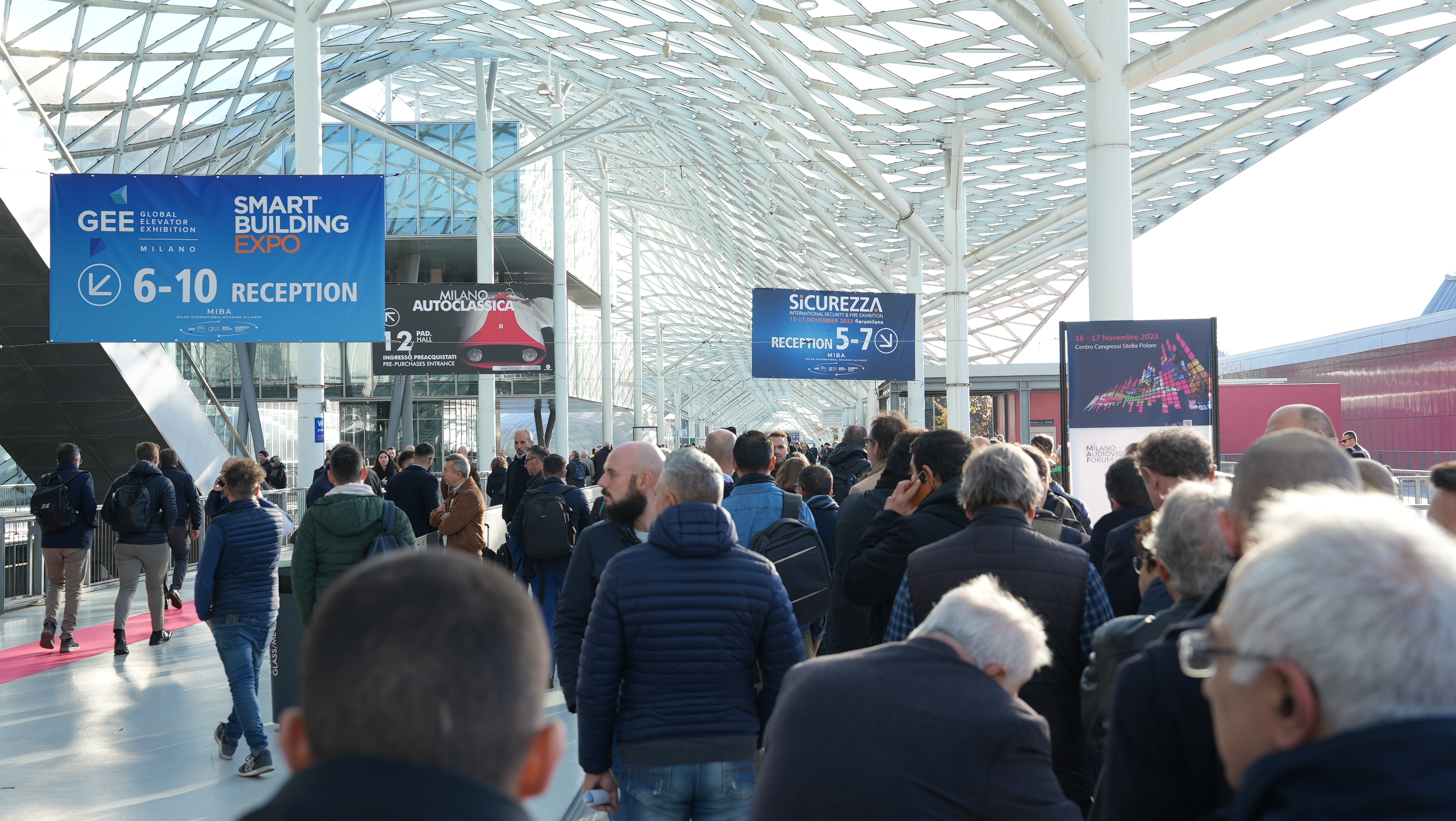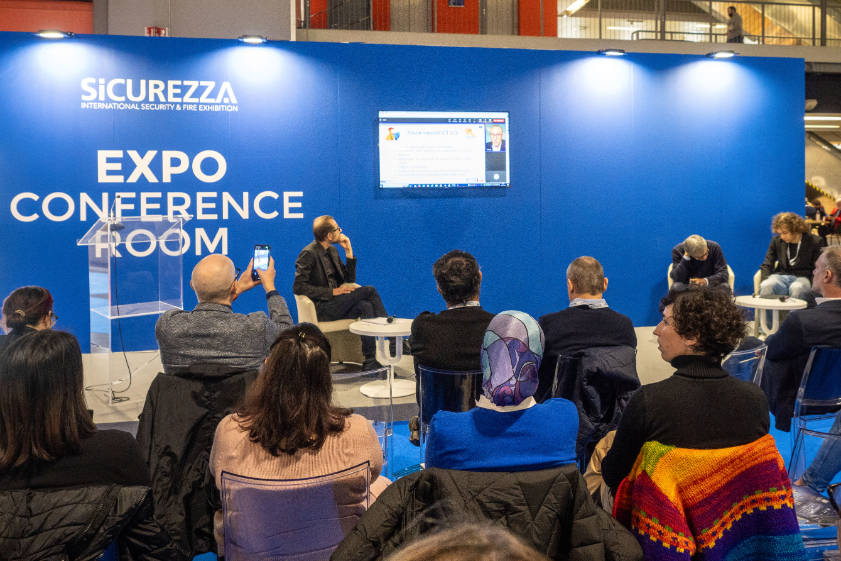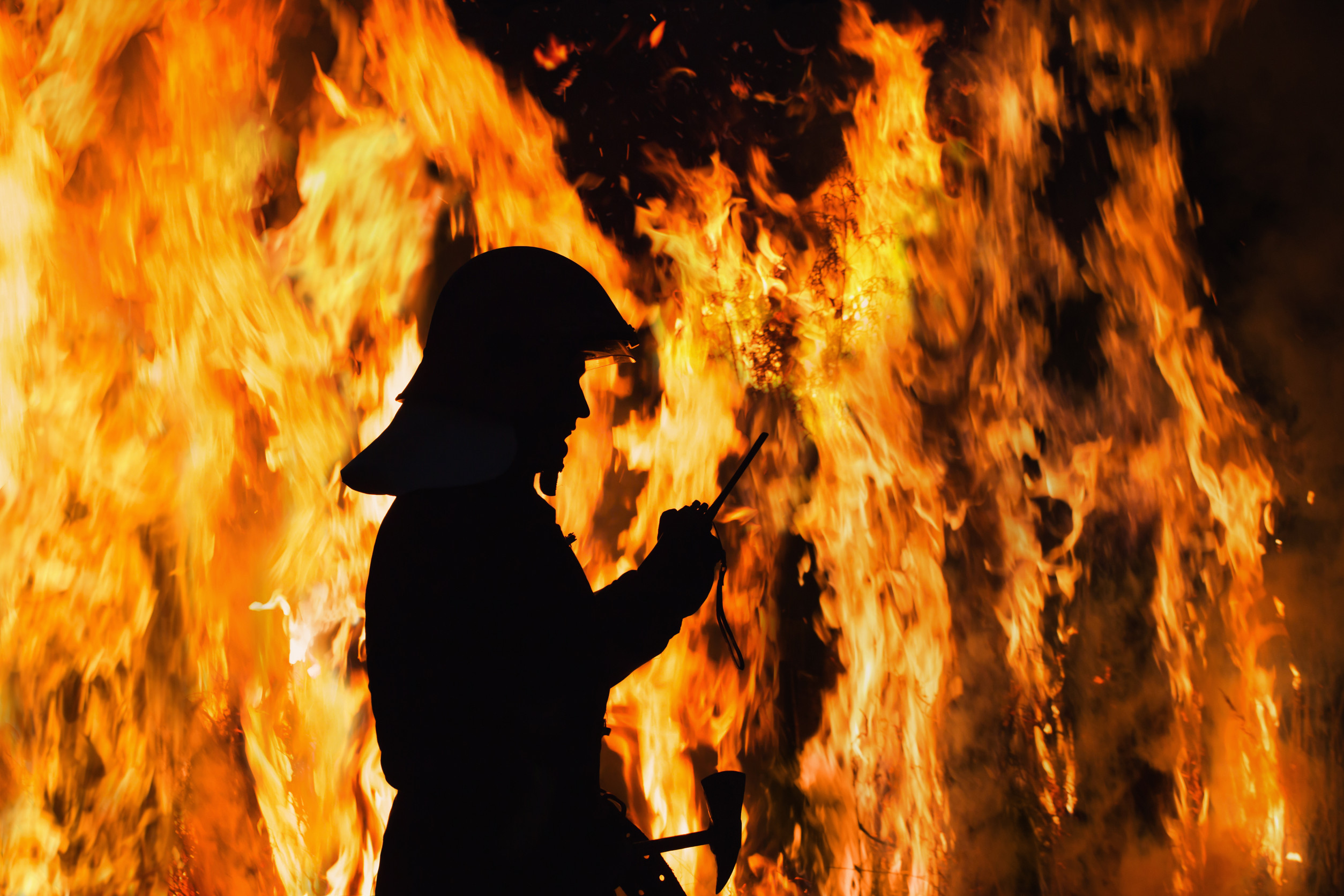Roger Technology were already offering webinars “but recently the use of this tool has been intensified. We like being able to see each other in the face, not through a screen, but we are aware that health is a valuable asset and must be safeguarded at all cost. Remote training eliminates the physical “hands-on” aspect but, thanks to our enthusiasm and determination, we are able to go beyond the screen and create what we like to call a “digital hands-on” approach, receiving positive feedback from our fitters, record attendance and new incentives to invest more in this direction”.
At CIAS, for example, when it became impossible to meet customers in March, their sales staff put their technical skills to good use and began teaching: “In the beginning, during the full lockdown, we started with e-learning, theory courses involving both the instructor and the participants remotely. As the restrictions relaxed, we introduced the possibility of T-learning, which offers a more technical and detailed kind of training, because the trainer is in the company's training area, where he can do live demonstrations with the equipment, while the participants are online”.
Lince also tried out remote learning for the first time, and successfully. “It has allowed us to engage and involve a growing number of trainees, who are actively participating in our webinars. In the near future, we hope to be able to continue the two methods in parallel, also returning to successful classroom training”.
AVS Electronics are proud to say that “in mid-March 2020, we were possibly the first to launch a webinar platform for remote training, because we believe in the importance of training and it seemed a necessary step to provide continuity. The flexibility of our Campus has allowed us to move very quickly from on-site training to online training, guaranteeing, as always, our presence alongside the fitters”.
DAITEM also opted for remote training with a view to continuity: “The pandemic has had and is having a negative impact in many professional and other areas. Training is one of the main sectors that has been affected because the physical presence, a key prerequisite for training that is not only theoretical but also practical, has obviously been impossible. We have diverted our energies to e-learning, which has changed our approach and the resources used, but without affecting the educational value. Physical tests have been replaced by video tutorials, with the same final goal; to share the specific features of our solutions”.
Urmet has taken on a new challenge: “In March we felt the strong need to find a tool that would enable us to remain in constant contact with our network, so we threw ourselves into the webinar platform project, investing a great deal of time and resources. The first webinar went online on 23 April. Within the space of a few months, we held 36 webinars, with a total of over 4300 registered users. Above all, we noticed a high level of interest, with feedback on the platform giving an average rating of 85/100. Consequently, we have decided to continue investing, also paying close attention to flexibility of use: while installers had more free time during lockdown, they now perhaps have less time or are more distracted by other things. So we never plan meetings on days when major sporting events are taking place, offering courses in the evening or in recorded and on-demand versions”.
The world of distribution has also been very active. Aikom Technology says: “This year we have chosen to stay close to our partners and continue our growth and training through webinars which, unlike certification training, are free. The pandemic has caused damage, but it has also given channel operators time that they never had before, and they spent it learning. We have been impressed by the level of involvement recorded for all the issues we have proposed: physical security, number plate reading, WiFi and Wireless broadband connectivity, mission critical radio”.
.







